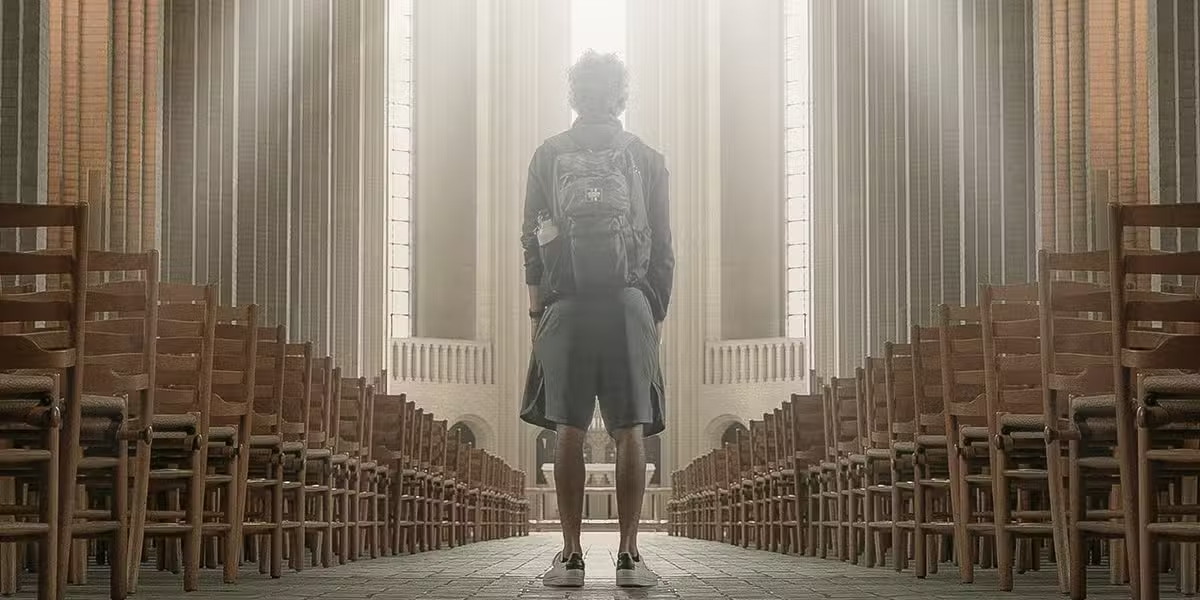She was much perplexed by [Gabriel’s] words and pondered what sort of greeting this might be.
—Luke 1:29
Religious obedience means a willingness to let go of the consequences on some level and to trust a Bigger Picture. This is what we see Mary doing here in the great annunciation scene. In the obedience of faith we do something because it is true at a deeper level, we feel called at a deeper level perhaps, and not because it immediately works, makes sense or shows likelihood of “success.” Often, we have to let go of the immediate consequences to trust larger or longer-term consequences. Mother Teresa loved to say: “We were not created to be successful but to be obedient.” Obedience is to be true to our deepest voices, which is the only way God can speak to us. But that means we have to have some deeper voices! We have to be practiced in prayerfully listening to our unconscious, to others and even “entertaining angels who usually come unaware” (Hebrews 13:2). How else could Mary have been ready for Gabriel?
Sooner or later we all have to say, “I have to do what I have to do,” as did Franz Jägerstätter, the Austrian peasant who almost single-handedly opposed Hitler. Have you ever been caught that way by the Word of God? “I just know I have to do it. My family doesn’t understand, my friends criticize me, but I know it is the Word planted in my heart for me at this time.” One must feel very lonely and filled with doubt at such times. Yet, after all is said and done, the will of God, more than anything else, is the feverish desire to do the will of God. People who are centered in God instead of themselves always hear larger voices. Such people will know what they must do without being able to prove it. They have the passion to carry through on what must be done. Blessed Franz Jägerstätter was not supported by his church, church teaching, his bishop, his parish priest or even his wife (she told me so personally, with tears in her eyes!).
Mary’s “yes” was said in the darkness of faith. She was not certain, nor assured by any Scripture quote, doctrine or pope. She just heard what she heard, and did what God asked her to do, accepting the consequences. She had enough inner authority to not need a lot of outer authority.
Reflect
In what way do you have a feverish desire to do the will of God?








